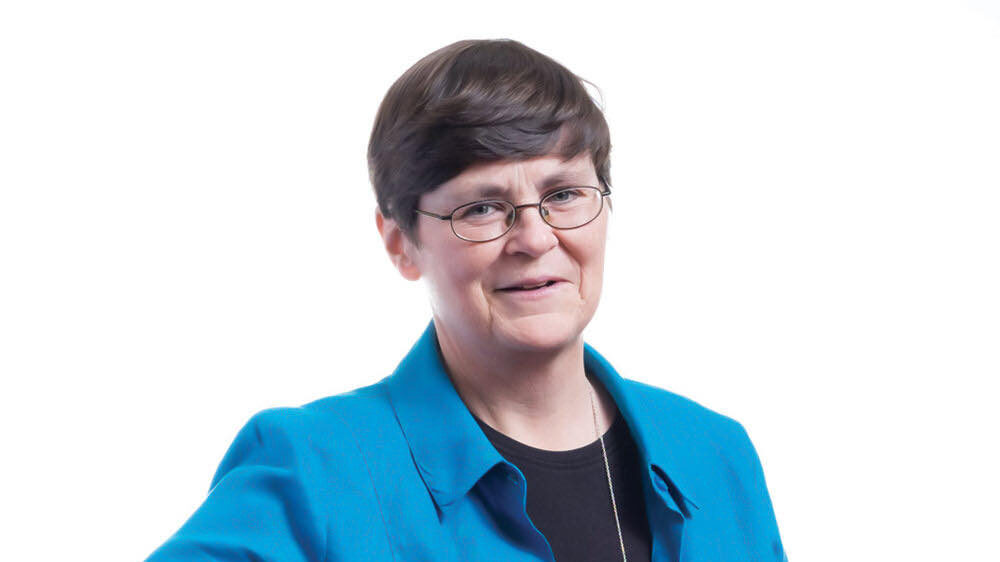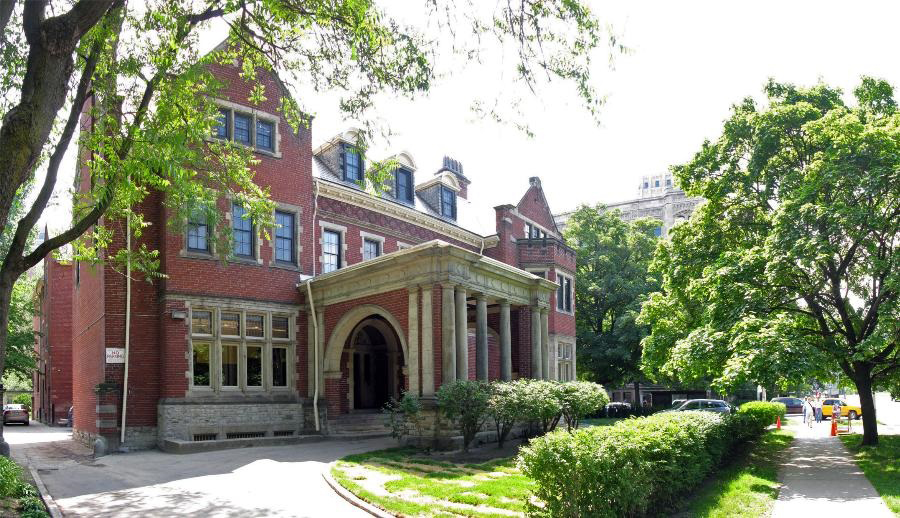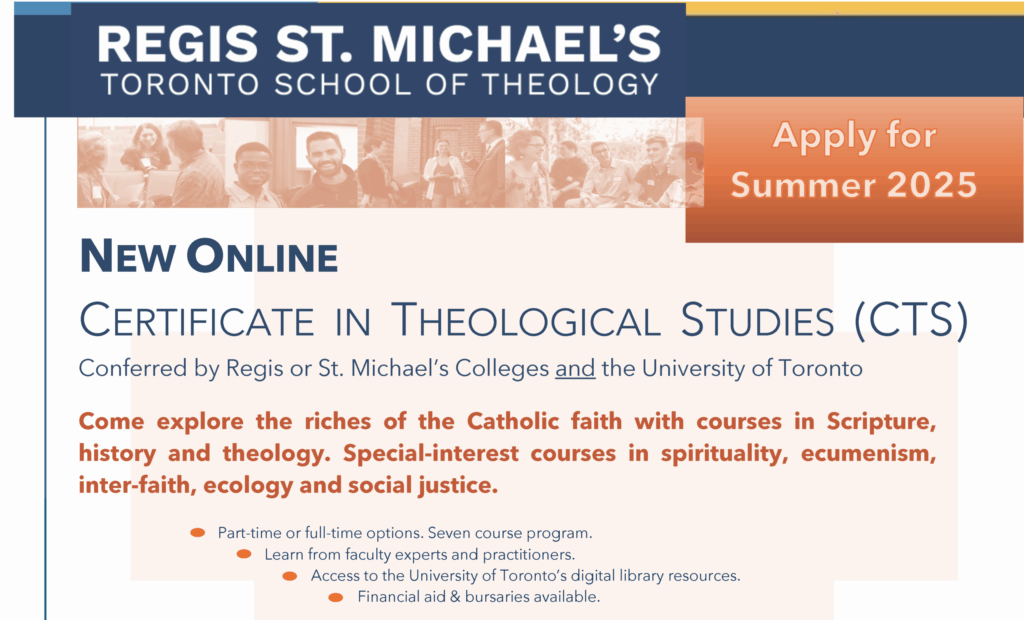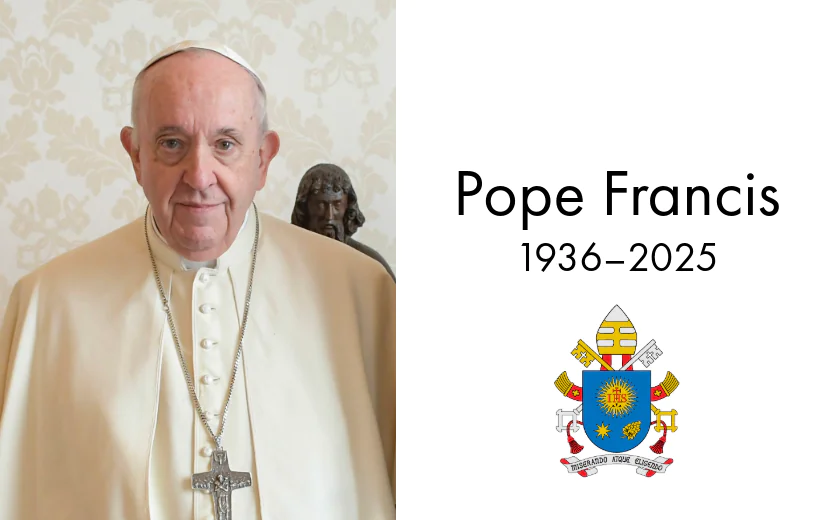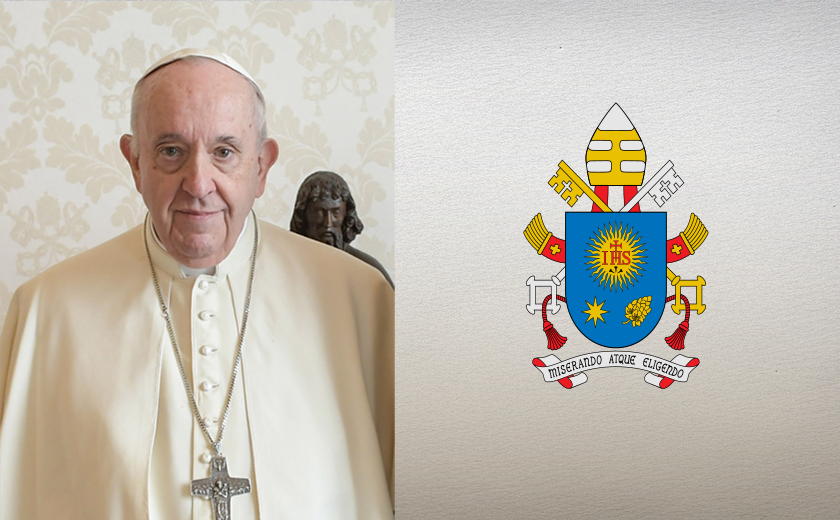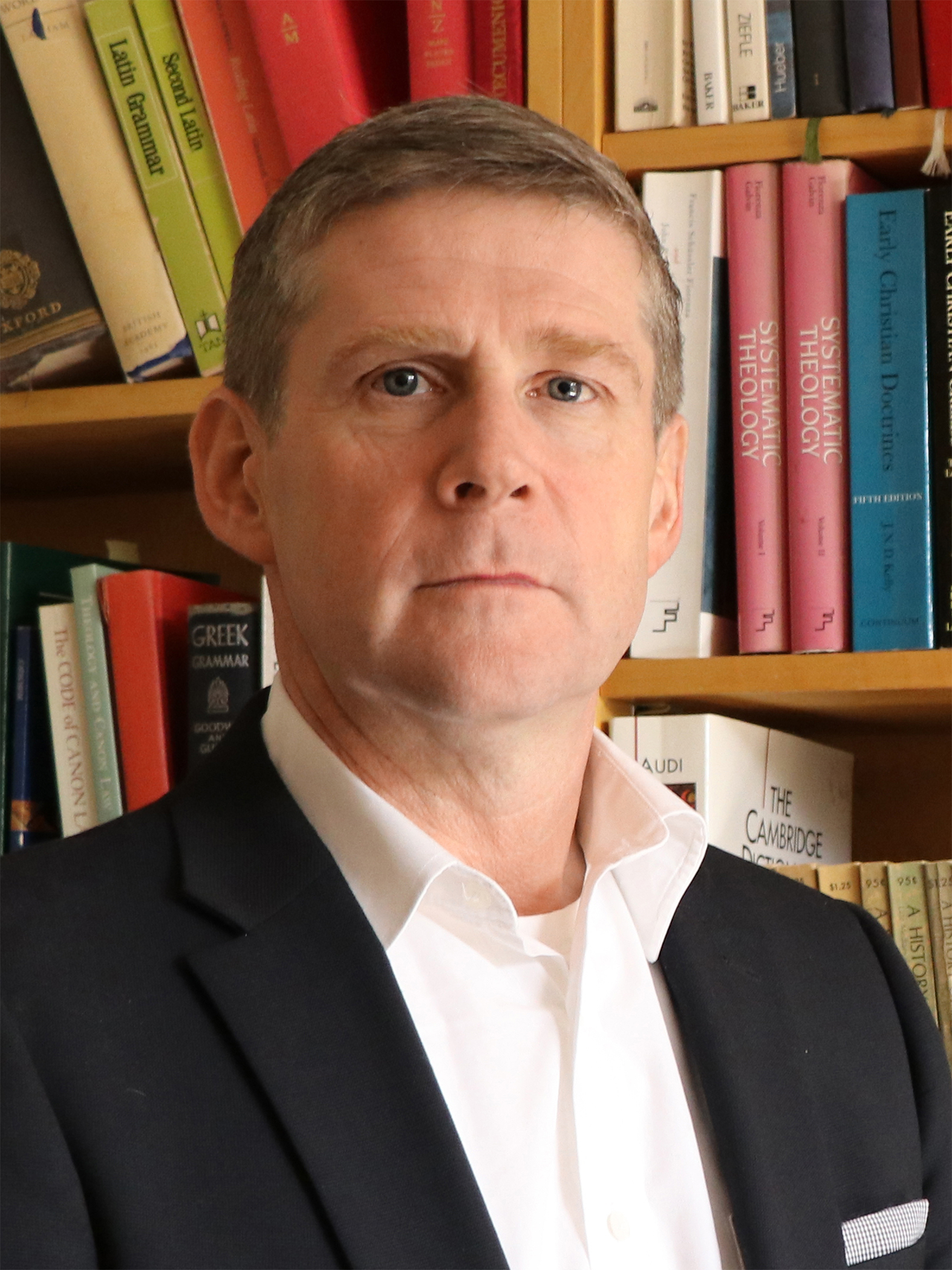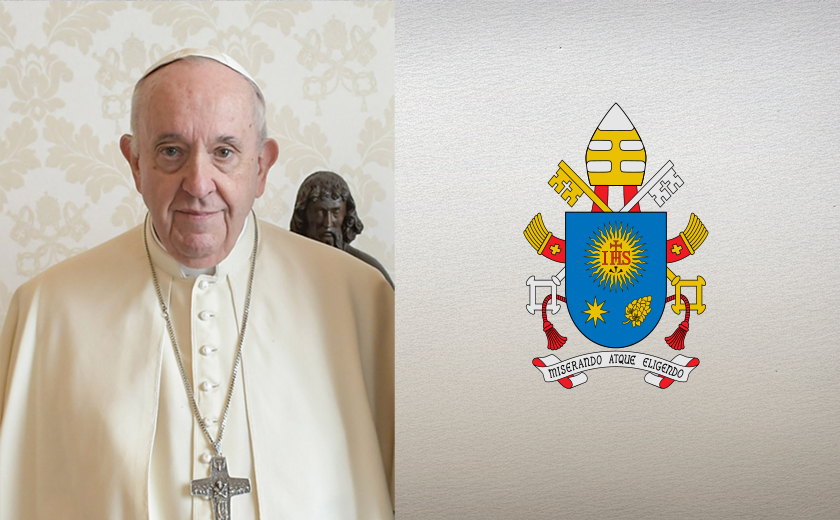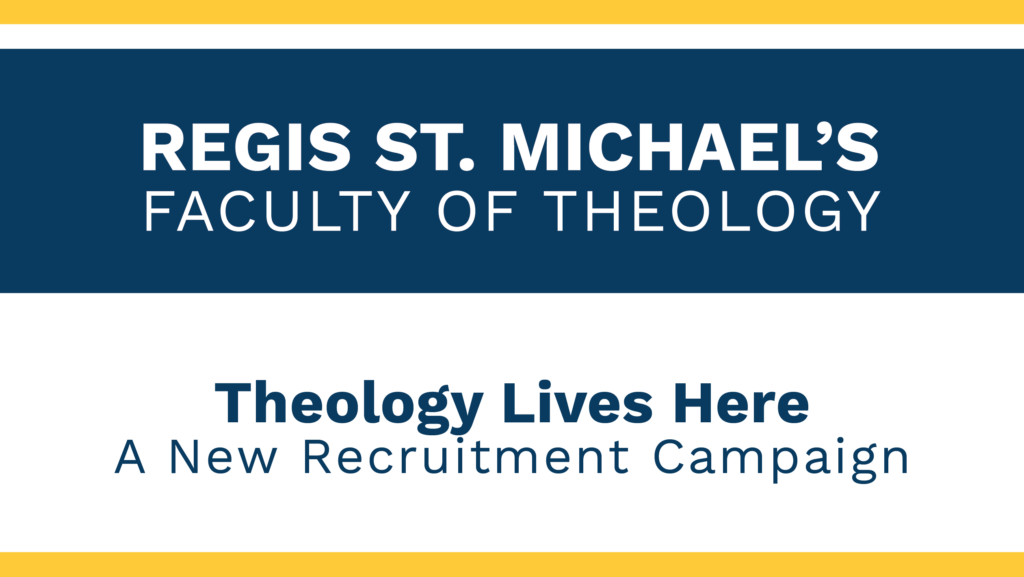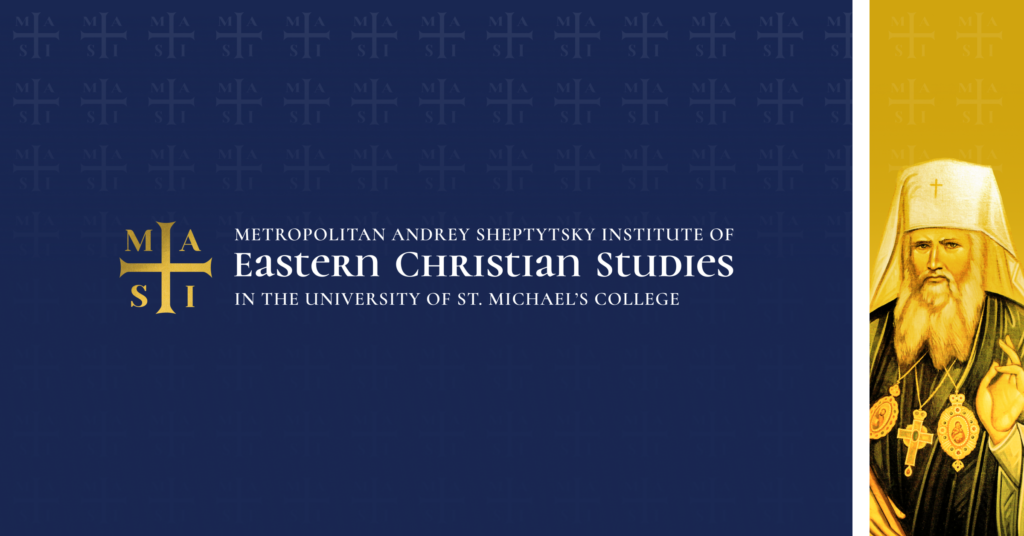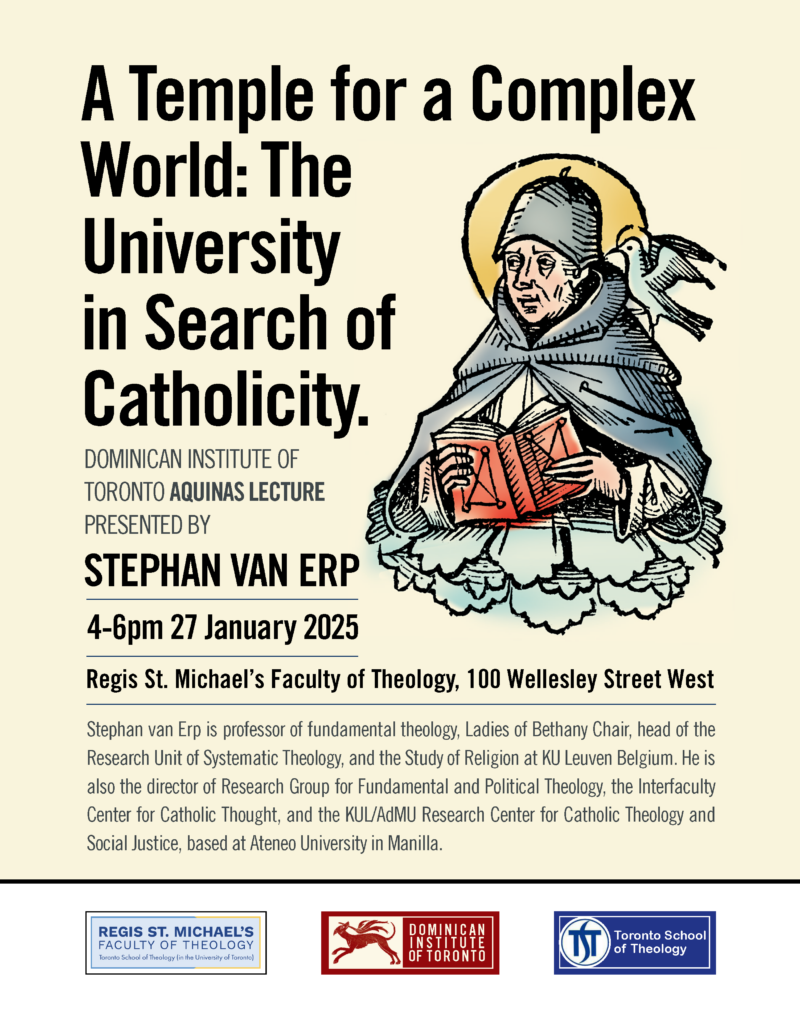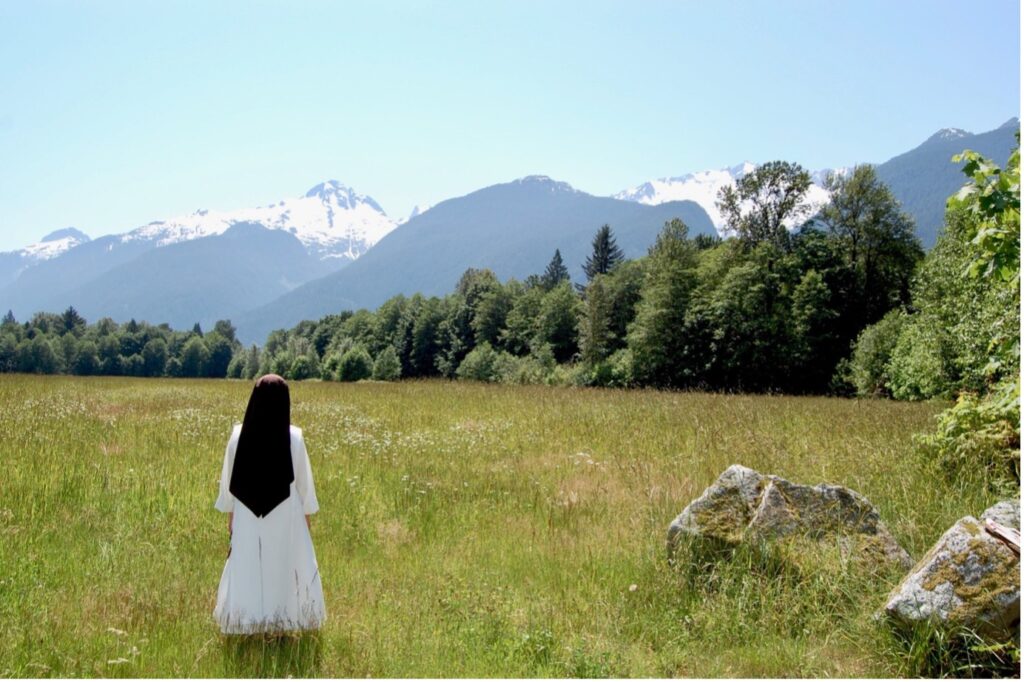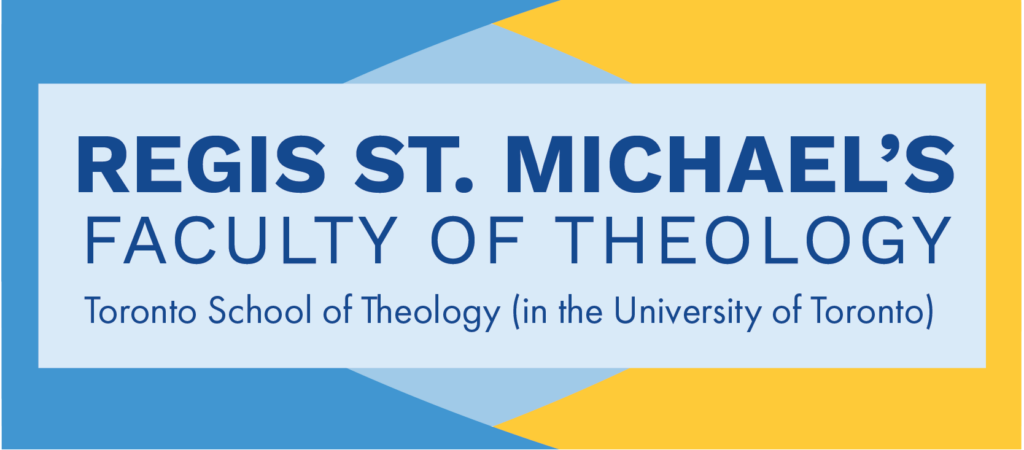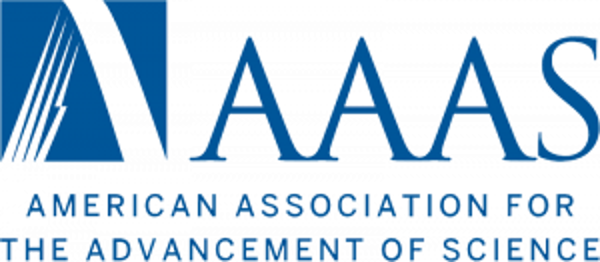The Regis St Michael’s Faculty of Theology (RSM) is using program innovation, infrastructure upgrades and faculty and staff training to move forward in its commitment to offer students a new vision of Catholic theological education.
One of the ways RSM is responding to student and community needs is the introduction of a new degree, says RSM Dean Jaroslav Skira.
“We are pleased to announce that, as of September 2025, Regis St. Michael’s will now offer a Master of Psychospiritual Studies, a degree that prepares students for leadership in specialized ministries, including pastoral care, with courses offered via a Catholic lens,” says Skira.
The degree, he notes, will offer three pathways: social justice, spiritual direction, and pastoral care ministries to meet the needs of a diverse student population working in a variety of fields.
RSM Professor Cynthia Cameron, who helped propose the degree on behalf of the University of St. Michael’s College, Regis College, and Trinity College, says it came in response to student interest in degrees that prepare them for ministries other than the Master of Divinity.
“So much pastoral care in our contemporary society – in hospitals, schools, prisons, social service agencies, retreat centres, and private counseling – is provided by lay people and these lay ministers are deeply desirous of formal training that will equip them to provide this ministry with competence and confidence,” says Cameron, who holds the Patrick and Barbara Keenan Chair in Religious Education. “The MPS does not replace the MDiv, which prepares people for ordained ministries; instead, it gives RSM the chance to widen the kinds of ministries we prepare people for. And, in that wider vision of ministry, we provide students with a Catholic lens for considering the opportunities and challenges of life in the 21st century.”
As well, students will now have the option of taking RSM’s Certificate in Theological Studies, a seven-course program, either in person or entirely online, vastly expanding RSM’s ability to serve students who cannot make in- classes, and particularly those living in remote parts of the country.
As part of this process, RSM is applying for a grant via Lilly Endowment Inc.’s Pathways for Tomorrow initiative to help fund the changes and enhancements, with the goal of further strengthening the Regis-St. Michael’s federation. For example, funding would be used to support more online and hybrid courses, with training available so that professors are
conversant in the best methods of teaching online. Additional funding would also provide more scholarships to RSM’s diverse student base, a community of domestic and international students, both lay and religious, often located in places that make it impossible to study at RSM’s Toronto location.
“This will help us significantly expand access to theological education in the Catholic tradition to where people are,” Skira says.
As an institution dedicated to questions such as how faith helps people to flourish, RSM is mindful of the importance of building community. Therefore, plans for increasing RSM’s online presence include conversations about how to ensure students are cared for even if they are not on campus, and how to bring remote students into the embrace of the existing RSM community.
Another exciting new addition is the introduction of two new courses in prayer and holiness in Islamic thought.
“The addition of these courses at Regis St. Michael’s will deepen the richness of our community, and are responses to Pope Francis’ call in Fratelli tutti to mutual fraternity and dialogue,” says Skira.
Regis St. Michael’s Faculty of Theology is a federation of Regis College, rooted in the Jesuit-Ignatian tradition, and the University of St. Michael’s College, rooted in the Basilian tradition. The Congregation of the Sisters of St. Joseph and the Loretto Sisters have been a vital part of the life and mission of both colleges. Regis St. Michael’s is an integral part of the Toronto School of Theology consortium in the University of Toronto. To learn more about RSM and our offerings, please visit our website.

